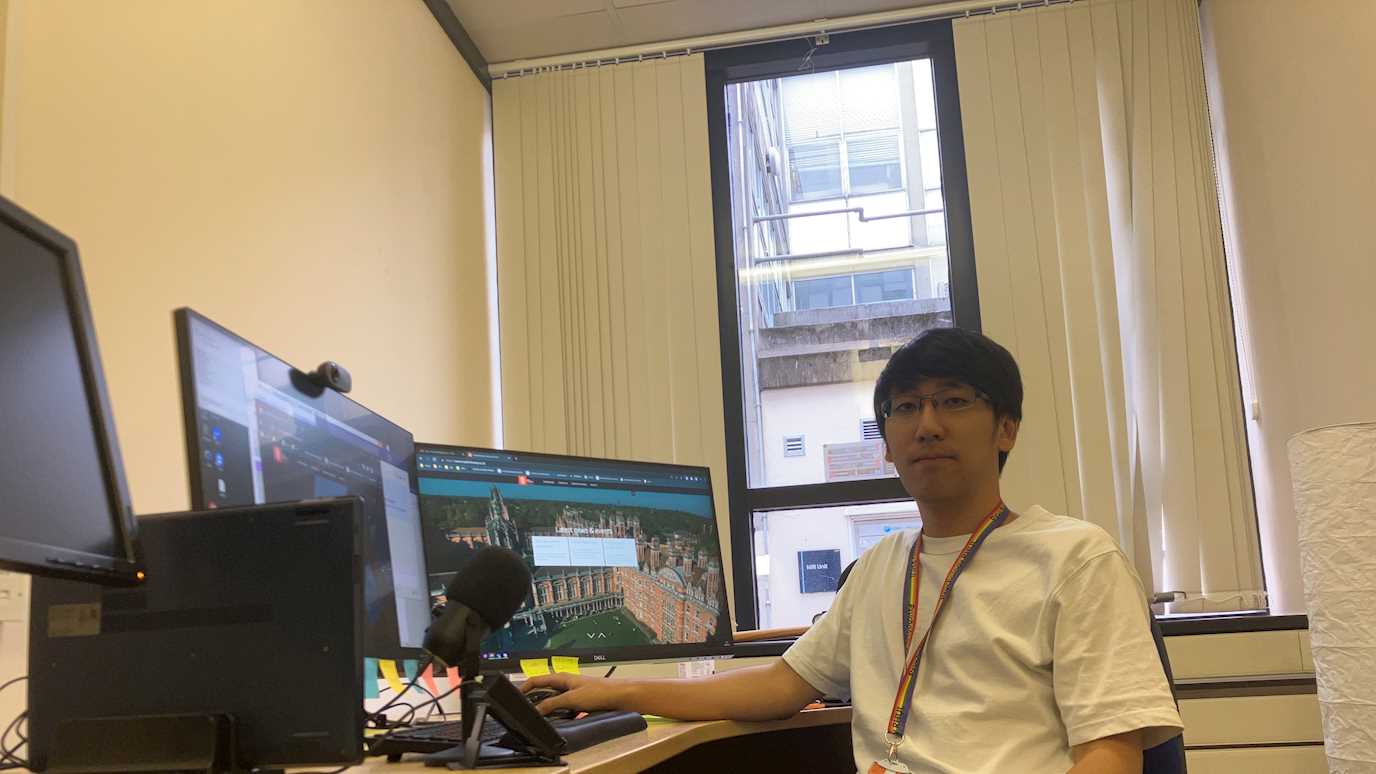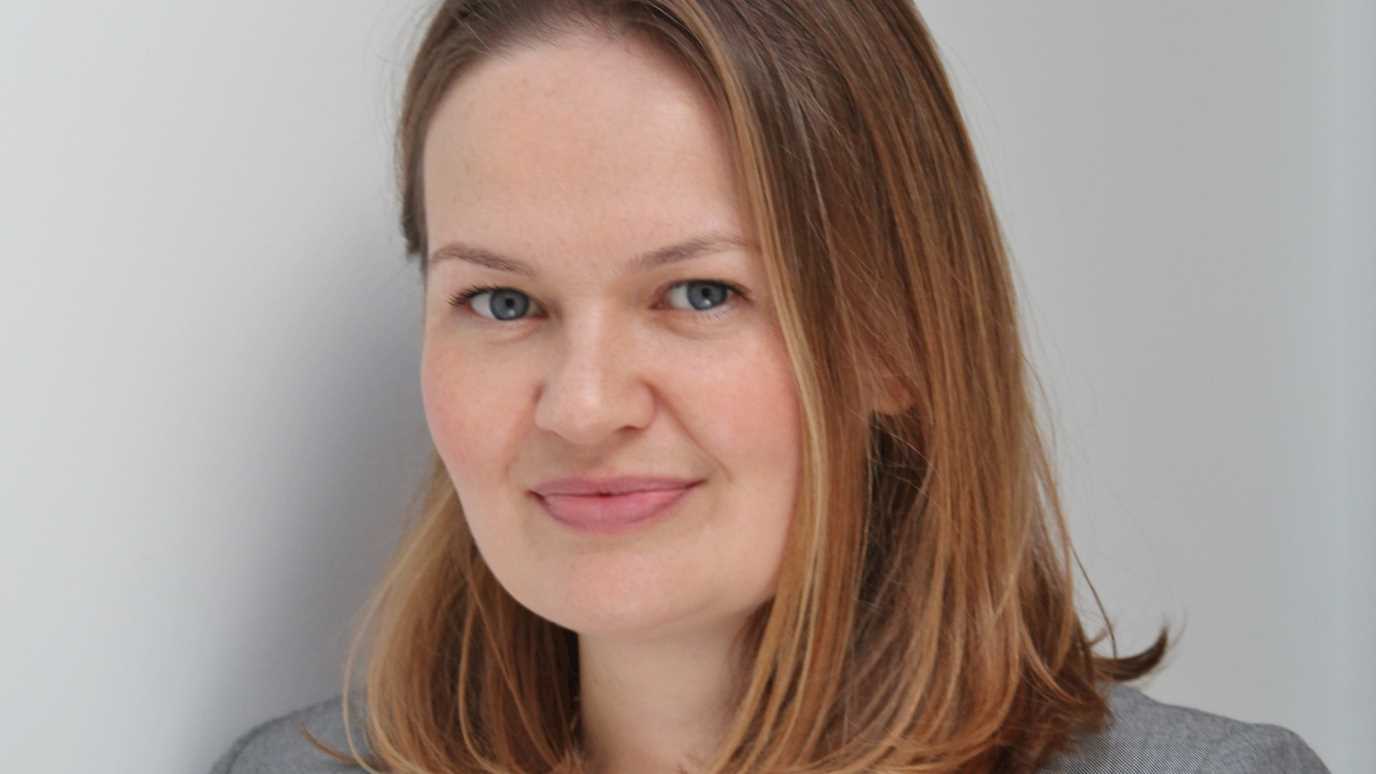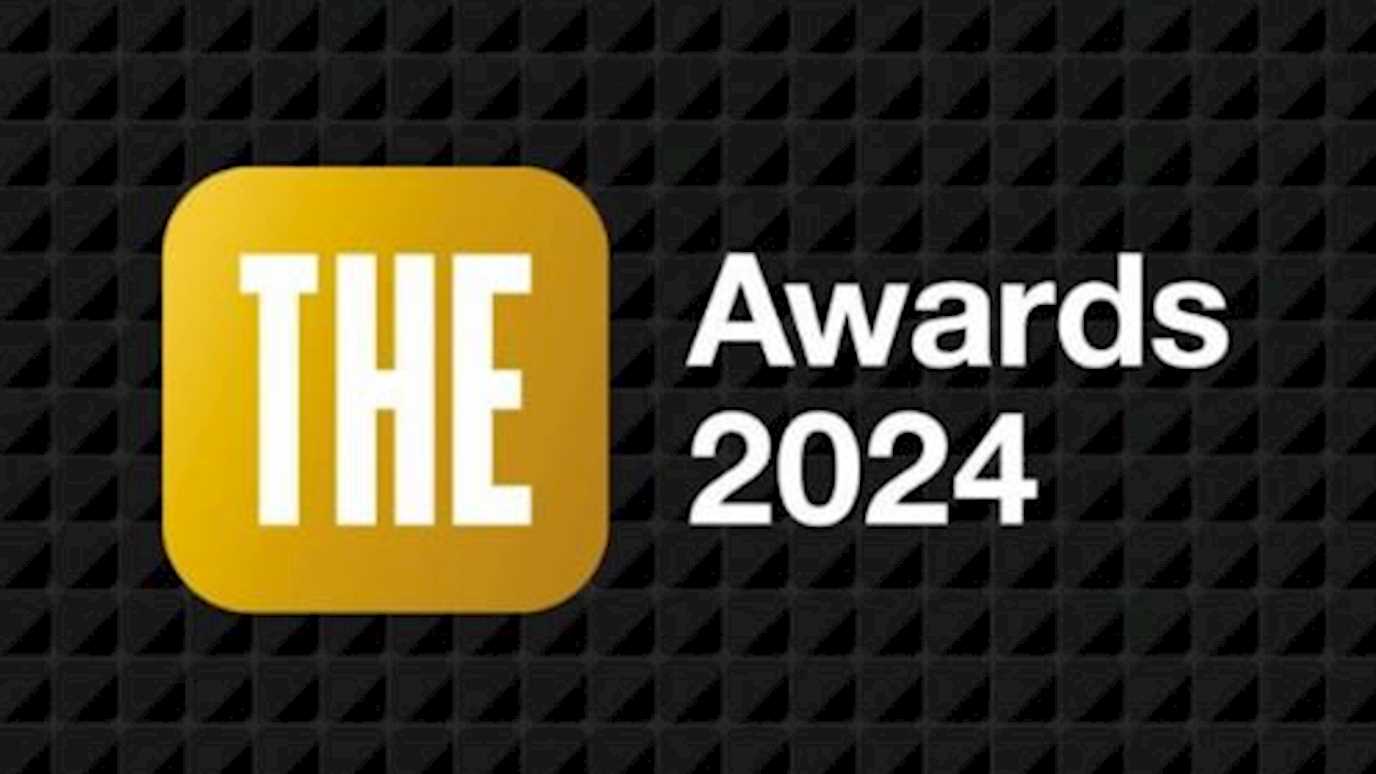MS in the 21st Century, an initiative co-chaired by Royal Holloway, University of London Professor of Neuropsychology, Dawn Langdon has published their new manuscript ‘Unmet needs, burden of treatment, and patient engagement in multiple sclerosis: a combined perspective from the MS in the 21st Century Steering Group’ in the peer reviewed journal, Multiple Sclerosis and Related Disorders (MSARD).

Professor Dawn Langdon
The paper was developed jointly by clinical and patient experts to discuss how the different perspectives of people with MS and their healthcare providers may have an effect on MS and its treatment burden.
Professor Langdon said: "MS in the 21stCentury, is a group of people with MS and health professionals from many countries. We work to improve MS health care by highlighting priorities and modelling partnership between people with MS and health professionals. As a neuropsychologist, I am particularly concerned to increase understanding of the psychological impact of MS, including cognition, mental health and wellbeing. We need to increase awareness of how these impacts can be recognised and successfully addressed.
"The DClinPsy programme at Royal Holloway, on which I am Academic Director, has a strong history of commitment and expertise relating to service user involvement. This paper is a natural extension of that work.
"It is the first paper jointly written by people with MS and health professionals and an example of true collaboration. It will serve to emphasise the perspective of people with MS and how essential their involvement is in high quality MS care."
One of the authors, Professor Gavin Giovannoni, Chair of Neurology, Blizard Institute of Neurology, Barts and The London School of Medicine and Dentistry, explains: “This manuscript is distinct in the field as it is co-authored by healthcare professionals and people with the disease. This does not only represent the ‘patient voice’, but rather gives equal importance to the patient and HCP perspective. Most importantly, it recognises the need to start from a place of mutualunderstanding of each other’s priorities. I anticipate that the group’s recommendations on unmet needs and treatment burden will help to pave the way for more collaborative and holistic MS care.”
Despite the large number of advances in the field of MS over the last 20 years, a cure remains elusive, and unmet patient needs that affect quality of life continue to exist. The limited opportunities for collaboration between healthcare professionals and patients to share priorities and drive patient-centred solutions is reflected by the lack of jointly-produced papers available on the issues.
Birgit Bauer, a person with MS, believes that is why the impact of this paper will be huge: “As a person with MS, I cannot overstate the significance of this publication. Just as the authors of the paper have done, I am hopeful patients everywhere and their healthcare teams will recognise the need for better communication and partnership with the ultimate goal of more effective and personalised care.”
The aim of the paper is to highlight the varying priorities between healthcare professionals and patients, whilst the practical recommendations documented will bridge the gaps in perception and enable better collaboration, ultimately improving patient care. Professor of psychology, Dawn Langdon, said: “The publication of this paper is a key step towards ensuring that MS care addresses patient expectations, priorities and needs, and it is vital that we work together to enhance shared decision-making and therefore increase patient engagement.”
'Unmet needs, burden of treatment, and patient engagement in multiple sclerosis: a combined perspective from the MS in the 21st Century Steering Group’ is published in the peer reviewed journal, Multiple Sclerosis and Related Disorders (MSARD), and is available online now.
MS in the 21st Century, is an initiative sponsored by Merck KGaA, Darmstadt, Germany.
More information can be found here to find out more about our world-leading research and opportunities to study in the Department of Psychology.
There are currently fully paid EPSRC studentships available for CDT, places starting in September 2018. Find out more about postgraduate opportunities.
























